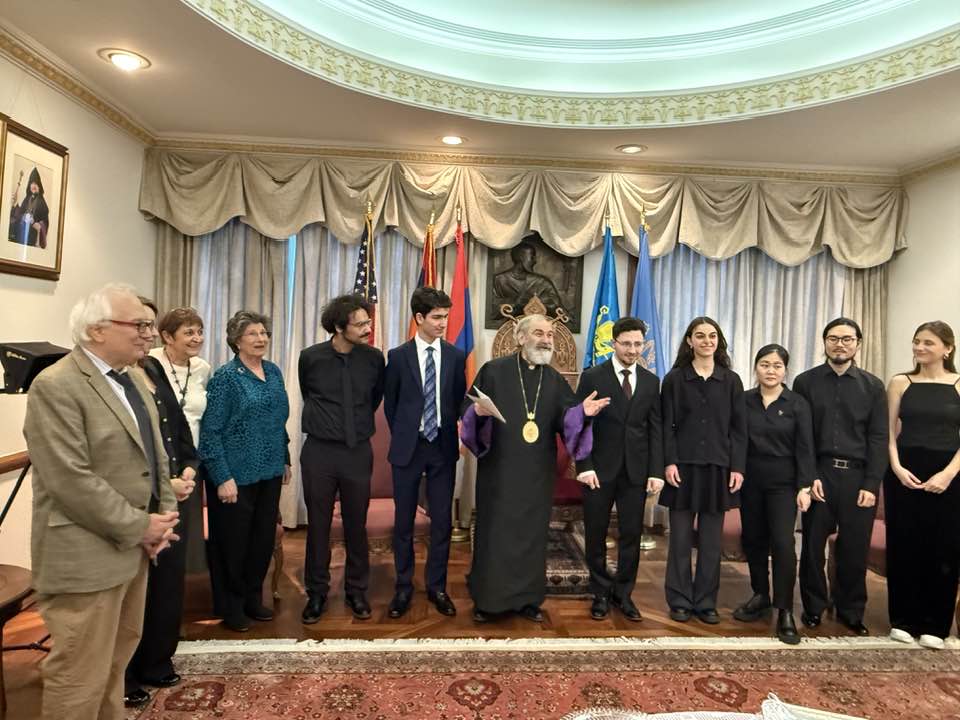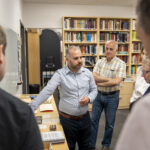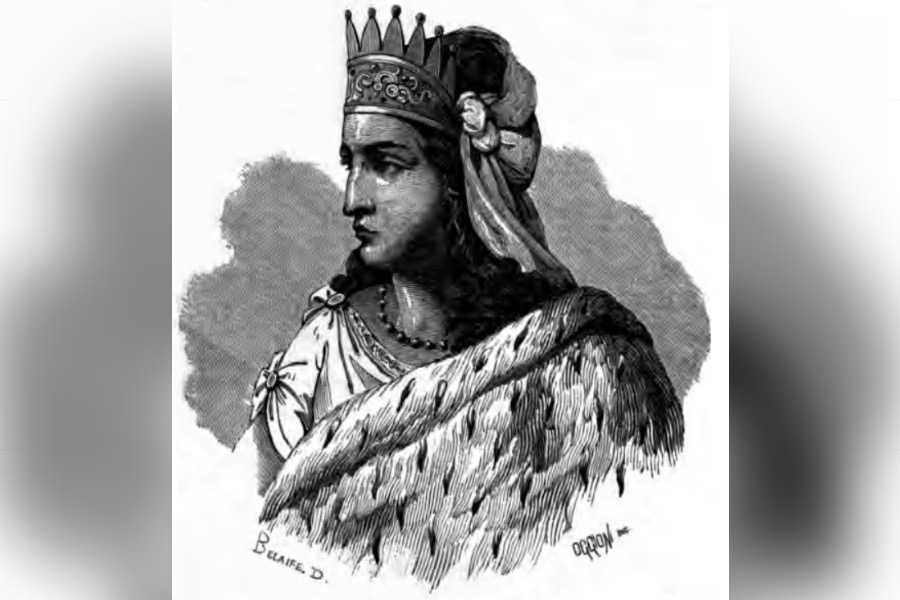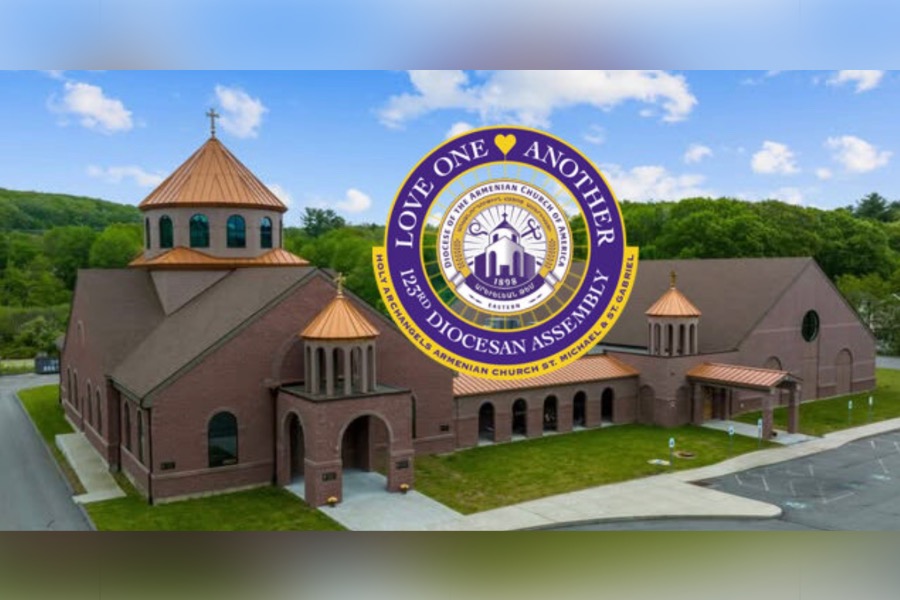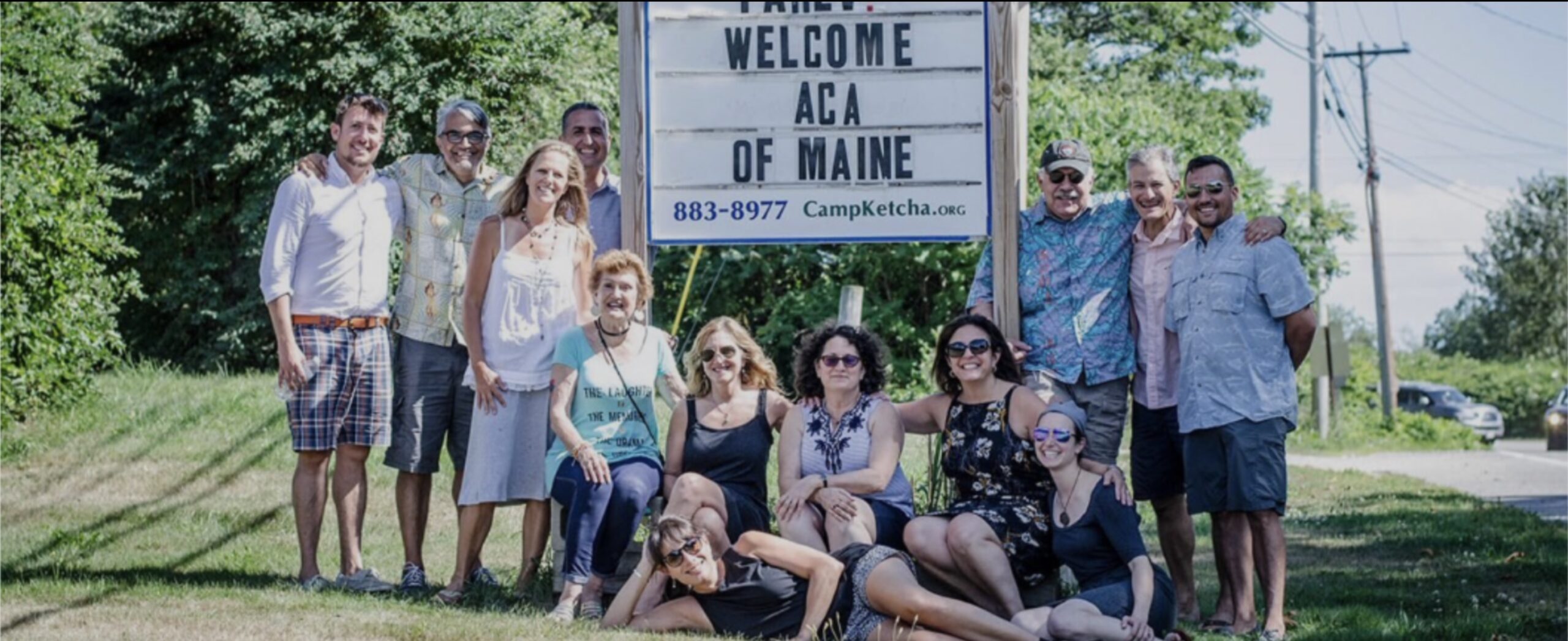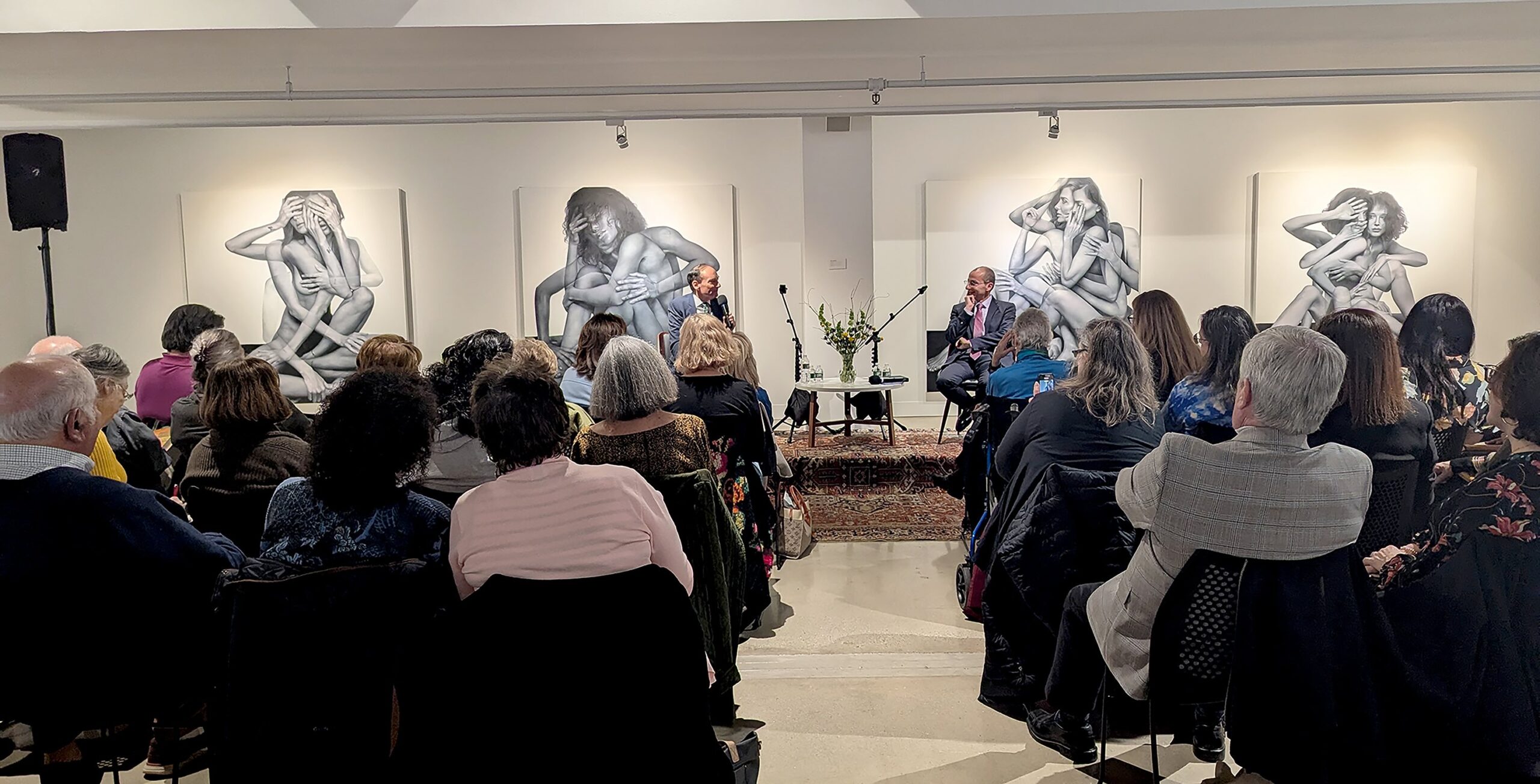USC Institute of Armenian Studies to host Artsakh Uprooted: Aftermaths of Displacement

 The Armenian voices of Artsakh will soon take center stage at the University of Southern California. The USC Dornsife Institute of Armenian Studies will host Artsakh Uprooted: Aftermaths of Displacement on Saturday, November 2, 2024 from 9 a.m.-6 p.m. at the USC Bovard Auditorium, 3551 Trousdale Pkwy, Los Angeles, CA 90089. The day-long symposium will explore themes of resilience, identity and hope amid dispossession through interactive panel discussions, academic presentations and artistic performances.
The Armenian voices of Artsakh will soon take center stage at the University of Southern California. The USC Dornsife Institute of Armenian Studies will host Artsakh Uprooted: Aftermaths of Displacement on Saturday, November 2, 2024 from 9 a.m.-6 p.m. at the USC Bovard Auditorium, 3551 Trousdale Pkwy, Los Angeles, CA 90089. The day-long symposium will explore themes of resilience, identity and hope amid dispossession through interactive panel discussions, academic presentations and artistic performances.
“Dispossession, cultural erasure, ethnic cleansing are not unique to Armenians. Increasingly and devastatingly, this has become common parlance for all of us. I think the urgency of being part of that global conversation is to make sure that in light of more legible conflicts, Artsakh doesn’t get lost, or the voices of Artsakhtsis don’t get lost,” Dr. Shushan Karapetian, the director of the USC Institute of Armenian Studies, told the Weekly.
Observing that the voices of Artsakh are often missing from academic conferences and events dedicated to them, Dr. Karapetian resolved that they would be a central part of this program. Artsakh Uprooted will open and close with participants from Artsakh. The first panel discussion “(Re)Starting Again” will feature Artsakh natives Nina Shahverdyan, Ashot Gabrielyan and Shoushan Keshishian. Dr. Karapetian herself will moderate a discussion with Artsakh native Lika Zakaryan and linguist Dr. Hrach Martirosyan on the Armenian dialects of Artsakh. Rap artist Lyoka will end the program with a performance of his song “I’m Still Here.”
“As an academic institution, what do we do? We produce and disseminate knowledge, and how is knowledge produced and disseminated but through narratives, through stories? So it seemed inconceivable that in telling the story of Artsakh, we would once again erase the voices and experiences of Artsakhtsis,” Dr. Karapetian said.
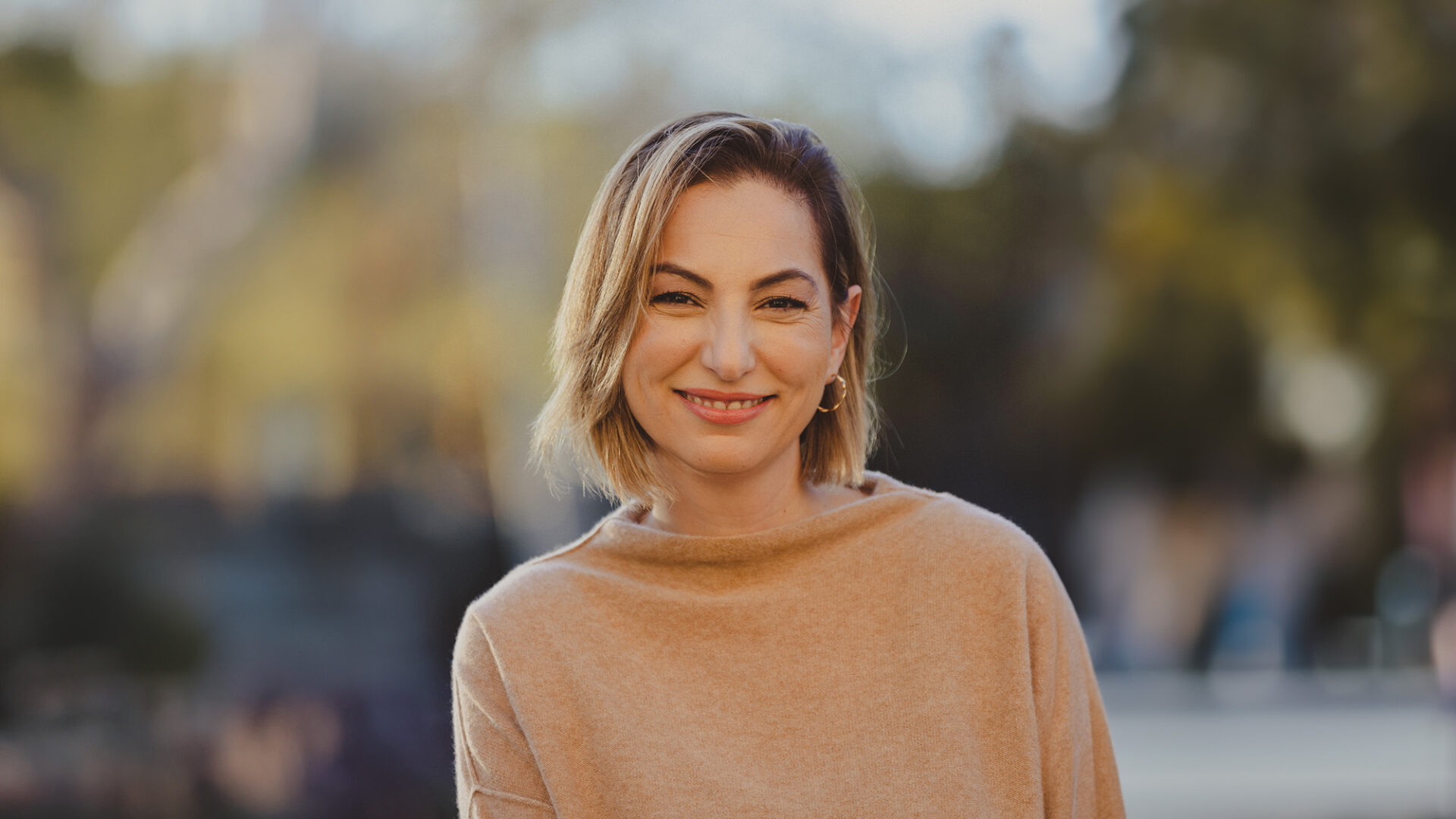
Artsakh Uprooted is not your typical academic conference. The symposium will feature a dynamic lineup of scholars, researchers, artists and civil society change-makers working in multiple media and modes of presentation. It will include scholarly lectures including “The Long Road to Catastrophe” by historian Dr. Stephan Astourian, “From Rights to Responsibilities: Victim Agency in Rerooting Artsakh” by Dr. Simon Maghakyan and “Forging Histories: The Caucasian Albanian Narrative,” a conversation between Dr. Sebouh Aslanian and Dr. Artyom Tonoyan.
The symposium will also feature artists working in music, film, poetry, visual art and other mediums. This will include an animated flipbook by Karén Karslyan and a multimedia performance lecture by media artist Dr. Aroussiak Gabrielian and editor-in-chief of Hyperallergic Hrag Vartanian. Attendees will enjoy a cooking demonstration of zhengyalov hatz and a fireside chat between Pulitzer Prize-winning author Dr. Viet Thanh Nguyen and filmmaker Eric Nazarian on narrative resistance.
Dr. Karapetian hopes that this integration of scholarship and the arts will capture each audience member through their preferred mode of engagement. While one person may enjoy listening to an academic lecture, another may be drawn in by a performance or interactive experience. It goes back to the primary goal of the symposium — to hold the world’s attention on Artsakh and elevate Armenian voices for diverse audiences.
“I think increasingly it is becoming evident to me how powerful narratives are and how much investment is required in narrative capacity building. In the Armenian world, we lack that. We lack the institutions, the resources, the people who are investing in and producing narratives that are legible for the rest of the world,” Dr. Karapetian reflected.
“We in the Armenian world tend to think we are completely divorced from the rest of the world. Our mission at the Institute is to dispel that myth. Armenians are part of the world. We are influenced by the world, and we have something to offer to the world, and increasingly I’m realizing that it is the arts that transcend all boundaries that restrict. It’s the arts that can provide a universal language,” she continued.
The symposium will gather a diverse audience, including faculty, staff, students and administration of USC, the arts and literary intellectual communities, and the broader Armenian community of Los Angeles. “What I’m hoping for is that the larger Los Angeles community outside of ethnic Armenians who are Angelenos will be there, because somehow they’ve been shaped or impacted or influenced by an Armenian neighbor, an Armenian friend, an Armenian bakery, an Armenian restaurant, an Armenian institution, and they will view this as an opportunity to show solidarity, to learn, to reflect, to join in this communal coming together,” Dr. Karapetian said.
Above all, Dr. Karapetian urges Armenians to show up. “So often we rightfully feel invisible, unheard, unseen, and we show up to complain and to voice our frustration. This is our attempt to rectify that. This is our attempt to have access to one of the most iconic spaces in LA, to have access to some of the most visionary thinkers and artists of our time and to bring them all together to center Armenian voices and Armenian experiences. So all I would like to ask our community is show up,” she said. “To demonstrate that when we are center stage, we show up, not just when we are frustrated.”
Click here for the full program. The symposium will not be live-streamed — RSVP here to join in person for this free, day-long experience. Lunch will be provided for all attendees.



